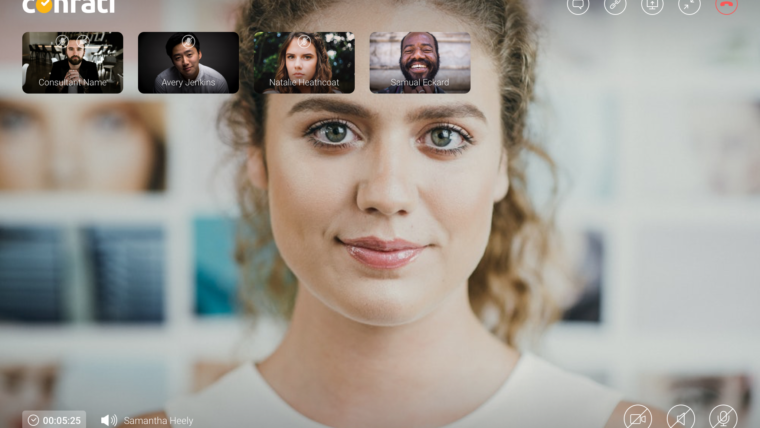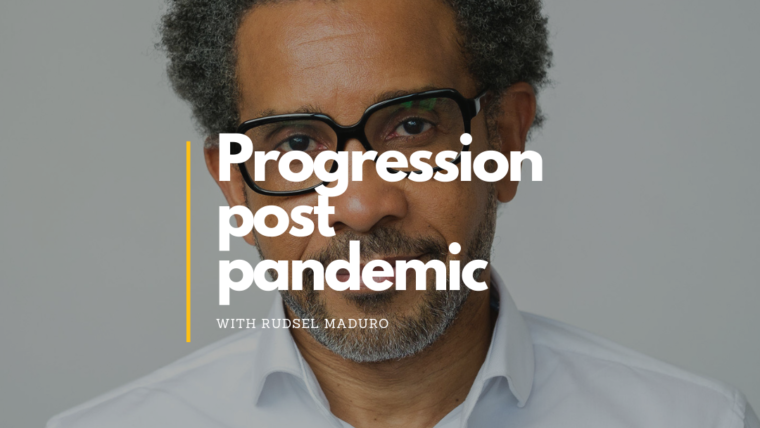There is nothing new under the sun. What is the premise of this common saying? Whatever you’re doing or going through right now has been done or experienced by someone else. In instances where positive change or growth is the desired outcome, the “someone” is a mentor.
In the present day, mentoring is still an invaluable aspect of personal and professional growth. Here we provide some insight on how to approach this process best.
Three main types of mentorship:
1. Traditional one-on-one mentoring
As a mentee matched with a mentor, you work within a timeframe and structure to reach predetermined goals. A mentoring program often facilitates this in-person process.
2. Distance mentoring
A mentoring relationship in which the two parties (or group) are in different locations, is sometimes called “virtual” mentoring.
3. Group mentoring
A single mentor is matched with a cohort of mentees. In this setting, the mentees can view themselves as students within a larger class where the mentor provides training and aids progress through real-life actions.

What is your role as a mentee, and how can you prepare yourself to get the most out of this exchange?
- Be clear on what you want by preparing a list of your career goals and objectives to share with your mentor.
- Establish, with your mentor, these explicit goals and objectives for the relationship.
- Partake in forming the Mentoring Agreement with your mentor.
- Commit to meeting with your mentor regularly.
- Tell your mentor how you prefer to get feedback.
- Keep an accurate record of your development and progress as well as periodically re-assess your needs.
- Review agreements reached in the Mentoring Agreement at regular intervals of the partnership.
- Read and listen to your mentor’s comments carefully and be open to different perspectives.
Where can you find a mentor? Do you make the first contact? Exactly how do you get started on this developmental path?
Conrati can assist with all your mentoring needs, from finding a mentor related to your field of interest to scheduling appointments, video consultations, payment, and feedback all within one service. A service that ensures you take progressive steps within measures that consider your time, safety, health, and peace of mind. Reach out to individuals who offer free sessions for the first consultation to get your feet wet.
Perhaps it’s time to prioritise your personal and professional progress through a different path, don’t you think? To get started go to www.conrati.com









2 Replies to Mentorship for the Mentee
I have read so many posts about the blogger lovers howeverthis post is really a good piece of writing, keep it up.
I have read so many posts about the blogger lovers however this post is really a good piece of writing, keep it up
Why your child should have a tutor
Conrati nominated as a Top Environmental Consulting Company by Futurology
Psychology and its facets
We need to talk…about depression
How to boost 8 different forms of health
Conrati nominated as a Top Environmental Consulting Company by Futurology
How social media affects mental health
Understanding Bipolar Disorder